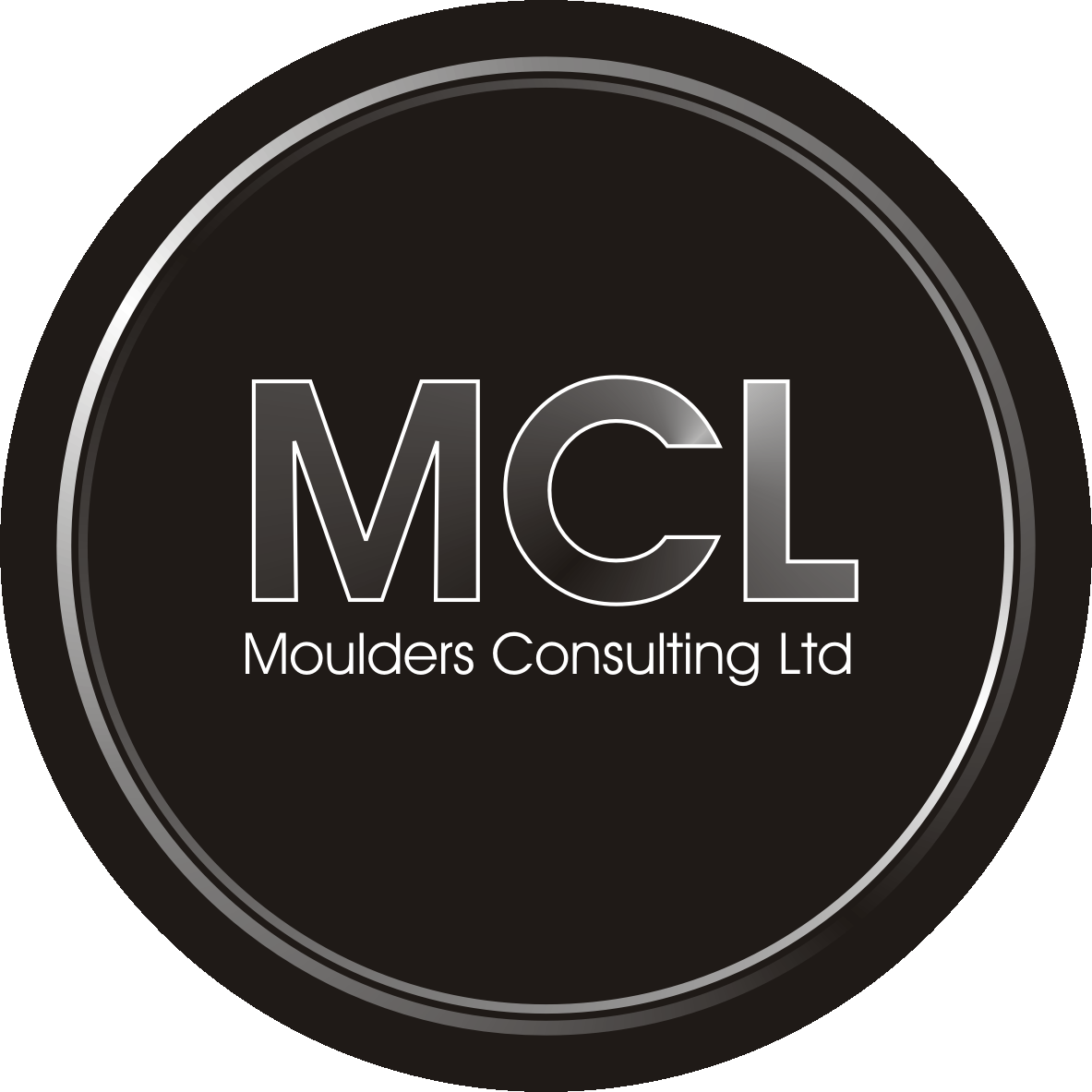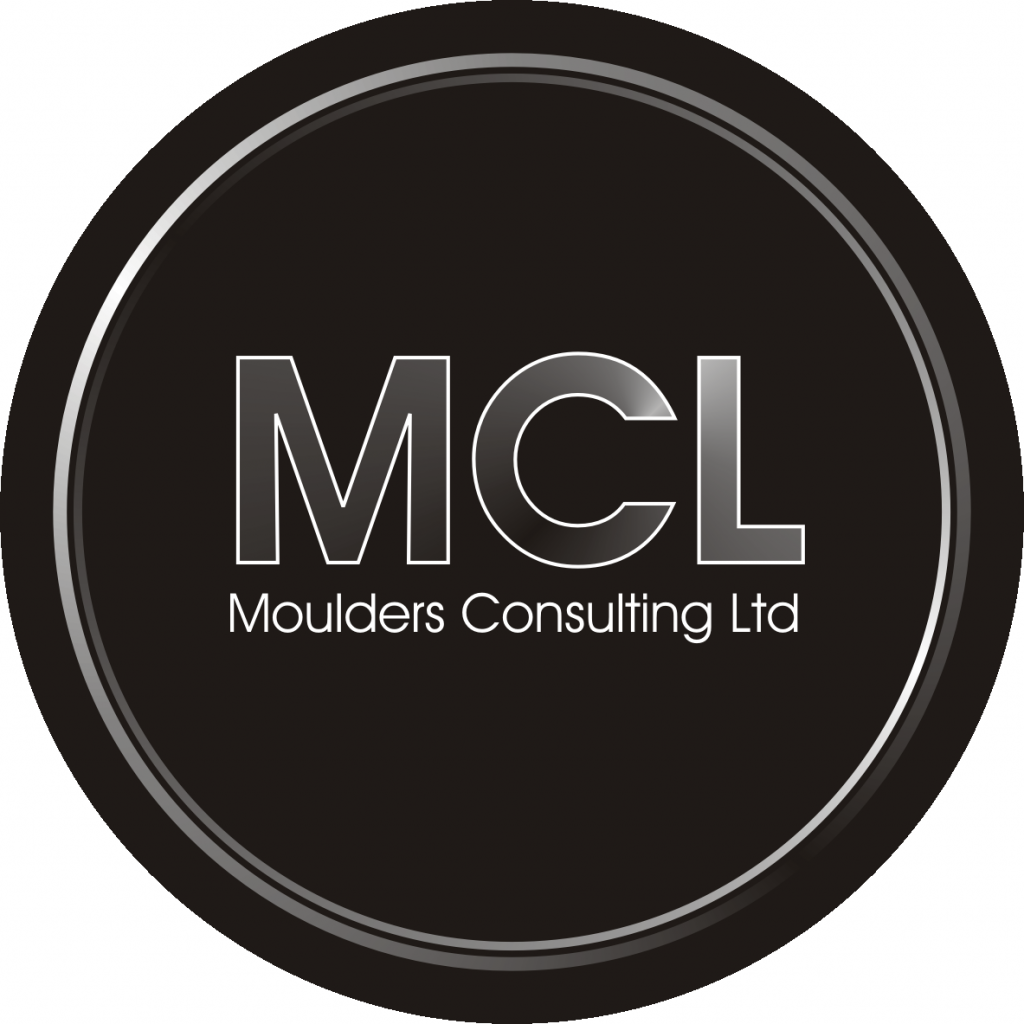In today’s fast-paced and competitive business landscape, small plastic injection moulding companies face numerous challenges. These challenges include managing complex production processes, maintaining product quality, controlling costs, and ensuring on-time delivery, all while striving for growth and profitability. To meet these challenges, many such companies initially rely on manual processes, such as spreadsheets and Word documents, which are labor-intensive and prone to errors. However, there’s a solution that can help streamline operations, enhance efficiency, and facilitate growth: industry-specific Enterprise Resource Planning (ERP) systems.
In this blog post, we will explore how a small plastic injection moulding company can transition from using manual tools like Excel and Word documents to a dedicated industry-specific ERP system, and the benefits it can bring in terms of efficiency and growth.
The Current Challenges
Small plastic injection moulding companies face several challenges, many of which stem from their reliance on traditional tools like spreadsheets and Word documents:
1.1. Data Silos: Manual systems often lead to data being spread across multiple files and folders, making it challenging to access, share, and analyse information efficiently.
1.2. Limited Visibility: Gaining real-time insights into production processes and inventory levels is difficult, which hampers decision-making and resource allocation.
1.3. Inefficiency: Manual data entry is time-consuming and error-prone, and the lack of automation can lead to operational inefficiencies.
1.4. Scalability: As these companies grow, their manual systems struggle to keep up with increasing data and process complexities.
1.5. Compliance and Quality Control: Ensuring compliance with industry standards and maintaining consistent product quality can be difficult when relying on manual record-keeping.
The Role of Industry-Specific ERP Systems
Industry-specific ERP systems are designed to address the unique needs of plastic injection moulding companies. These systems offer comprehensive solutions for managing and optimising various aspects of the business, from order processing to production planning and quality control. Here’s how an industry-specific ERP system can help overcome the challenges mentioned earlier:
2.1. Centralised Data Repository
One of the primary advantages of an ERP system is its ability to centralise data. All relevant information, including customer orders, production schedules, inventory levels, and financial data, is stored in a single database. This eliminates the problem of data silos and ensures that all departments work with accurate, up-to-date information.
2.2. Real-time Visibility
With an industry-specific ERP system, you can access real-time information and gain a holistic view of your operations. This visibility into various aspects of your business, such as order status, machine utilisation, and inventory levels, allows you to make informed decisions and respond promptly to changes in demand or supply.
2.3. Automated Processes
ERP systems streamline and automate many of the routine, time-consuming tasks that are prone to human error when handled manually. For example, the system can automate order processing, inventory management, and production scheduling. This automation not only reduces the risk of errors but also increases operational efficiency.
2.4. Scalability
An industry-specific ERP system is designed to accommodate growth. As your plastic injection moulding company expands, the ERP system can scale with it. You can add new users, integrate additional modules, and adapt to changing business needs without worrying about system limitations.
2.5. Compliance and Quality Control
Many industry-specific ERP systems come with built-in quality control and compliance features. These tools help ensure that your products meet industry standards and customer expectations. They also provide traceability, allowing you to track the history and production details of each product.
Key Features of Industry-Specific ERP Systems for Plastic Injection Moulding
Now, let’s explore the key features and functionalities that make industry-specific ERP systems invaluable to small plastic injection moulding companies:
3.1. Order Management
Efficient order management is critical in the plastic injection moulding industry. An ERP system enables you to capture and process customer orders quickly and accurately. It can also provide real-time order tracking and status updates, improving customer satisfaction.
3.2. Production Planning and Scheduling
An ERP system offers robust production planning and scheduling tools. It helps you optimize machine utilisation, reduce downtime, and ensure on-time deliveries by effectively managing production workflows.
3.3. Inventory Management
Proper inventory management is crucial for minimising material waste and production disruptions. An ERP system allows you to track inventory levels, monitor consumption, and automate reordering processes to maintain optimal stock levels.
3.4. Quality Control and Traceability
Quality control modules within ERP systems help maintain product consistency and compliance with industry standards. These systems allow you to set quality benchmarks, record test results, and provide complete traceability for each product batch.
3.5. Machine Maintenance
Regular machine maintenance is essential to prevent unplanned downtime. ERP systems can schedule and track maintenance tasks, helping to extend the lifespan of machines and reduce the risk of costly breakdowns.
3.6. Financial Management
ERP systems offer financial modules that streamline accounting and financial processes. These modules facilitate cost tracking, invoice management, and financial reporting, ensuring better control over your company’s financial health.
3.7. Customer Relationship Management (CRM)
A CRM module in your ERP system helps you manage customer relationships effectively. It tracks customer interactions, preferences, and order histories, enabling you to offer personalized service and foster long-term relationships.
Benefits of Transitioning to an Industry-Specific ERP System
The benefits of transitioning from manual tools to an industry-specific ERP system are substantial and wide-ranging:
4.1. Enhanced Efficiency
Automation and streamlined processes lead to improved operational efficiency. Tasks that once took hours to complete manually can be executed in minutes, freeing up time for more strategic activities.
4.2. Cost Savings
Efficiency gains translate into cost savings. Reduced errors and improved resource allocation mean less waste and better use of materials, reducing production costs.
4.3. Improved Decision-Making
With real-time visibility and access to accurate data, decision-makers can make informed choices regarding production, inventory, and resource allocation.
4.4. Scalability
As your business grows, your ERP system can grow with it. You won’t need to invest in new systems or endure extensive disruptions during expansion.
4.5. Regulatory Compliance
Industry-specific ERP systems often come with compliance features that help your company adhere to industry regulations and standards, reducing the risk of compliance-related issues.
4.6. Enhanced Product Quality
Quality control tools and traceability features in the ERP system contribute to maintaining consistent product quality and reducing the likelihood of defects.
4.7. Competitive Edge
Efficient operations and the ability to respond swiftly to customer demands give your company a competitive advantage in the market.
Selecting the Right ERP System
Choosing the right industry-specific ERP system is crucial for a successful transition. Here are some steps to help you make an informed decision:
5.1. Define Your Needs
Start by identifying your specific business needs. Consider what aspects of your current operations need improvement, and what features are critical for your industry.
5.2. Assess Customization Options
Consider how well the ERP system can be customised to suit your company’s unique requirements. The ability to tailor the software to your specific needs can be a critical factor in your selection.
5.3. Evaluate Integration Capabilities
Check whether the ERP system can seamlessly integrate with other software solutions your company uses, such as accounting software, CAD programs, or CRM tools. Smooth data flow between systems is essential for maintaining efficiency.
5.4. Consider Long-Term Costs
In addition to the initial purchase price, assess long-term costs such as maintenance, updates, and potential training expenses for your employees. Understanding the total cost of ownership is essential for budget planning.
5.5. User Training and Support
Investigate the vendor’s training and support options. Adequate training ensures that your employees can make the most of the ERP system, and reliable support is essential for addressing any issues that may arise during operation.
Implementing the ERP System
Transitioning from manual processes to an industry-specific ERP system involves careful planning and execution. Here are the key steps to a successful implementation:
6.1. Data Migration
Begin by migrating your existing data from spreadsheets and Word documents to the ERP system. This process should be thorough, accurate, and well-documented to avoid data loss or corruption.
6.2. Employee Training
Train your employees on how to use the new ERP system effectively. Comprehensive training will ensure that your team can make the most of the software’s features.
6.3. Change Management
Implementing a new system can be met with resistance from employees who are comfortable with the old ways of doing things. Engage in effective change management strategies to encourage buy-in from your team and help them adapt to the new processes.
6.4. Testing
Before fully deploying the ERP system, conduct extensive testing to identify and resolve any issues or bugs. This helps ensure a smooth transition when the system goes live.
6.5. Go-Live
Gradually roll out the ERP system in phases or all at once, depending on your business’s needs. Monitor its performance and address any challenges promptly.
Realising the Benefits
After successfully implementing the industry-specific ERP system, you can expect to see a variety of benefits:
7.1. Efficient Operations
Your operations will run more smoothly, with reduced manual data entry, fewer errors, and streamlined processes.
7.2. Improved Resource Management
Better resource allocation, optimised machine utilisation, and reduced material waste lead to cost savings and increased profitability.
7.3. Enhanced Customer Satisfaction
With improved order management and the ability to provide accurate delivery estimates, your customers will experience greater satisfaction.
7.4. Growth and Scalability
The ERP system can grow with your business, supporting expansion without major disruptions to your operations.
7.5. Better Decision-Making
Access to real-time data and comprehensive reports empowers you to make informed, strategic decisions that drive business success.
7.6. Regulatory Compliance
You’ll be better equipped to meet industry standards and regulations, reducing the risk of compliance-related issues.
7.7. Competitive Advantage
Efficiency and responsiveness to market changes give you a competitive edge and help secure your place in the industry.
Conclusion
Transitioning from manual processes, such as spreadsheets and Word documents, to an industry-specific ERP system is a significant step for small plastic injection moulding companies. It offers the promise of improved efficiency, cost savings, enhanced quality control, and the ability to compete more effectively in the market.
By selecting the right ERP system, planning a thorough implementation, and investing in employee training and change management, your company can reap the many benefits of this transformative technology. The transition may require some initial effort, but the long-term advantages are well worth the investment. Small plastic injection moulding companies that embrace ERP systems are better positioned for growth, profitability, and sustainable success in today’s competitive manufacturing landscape.








